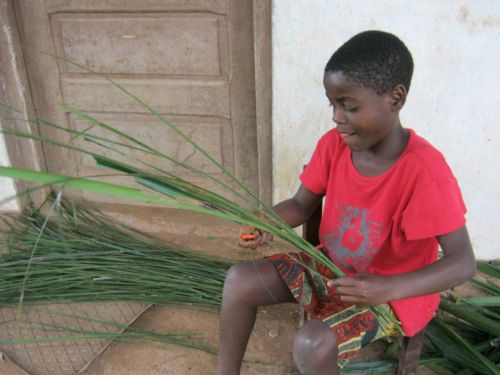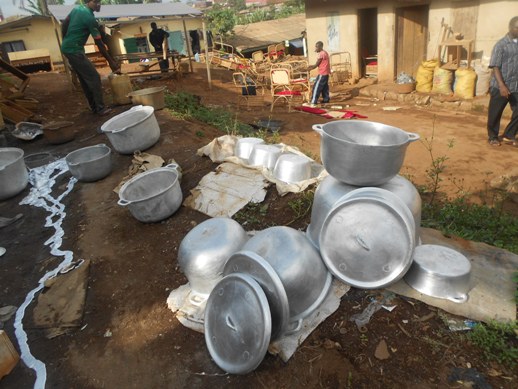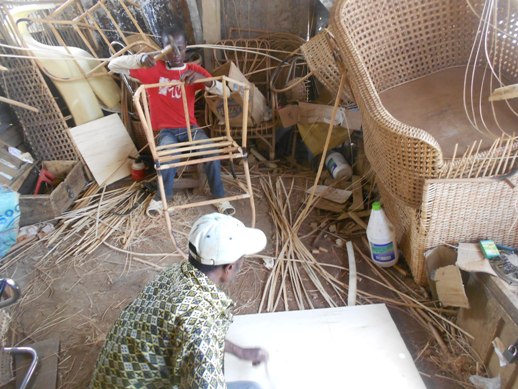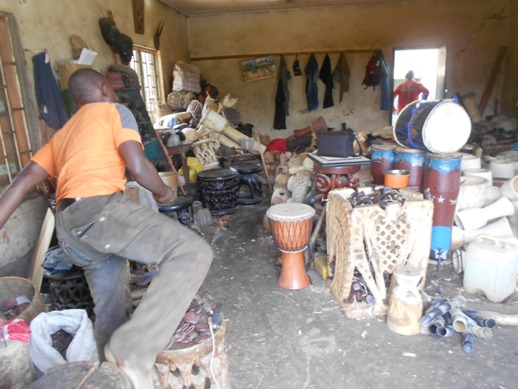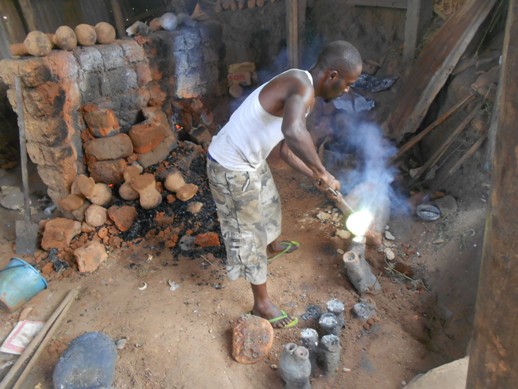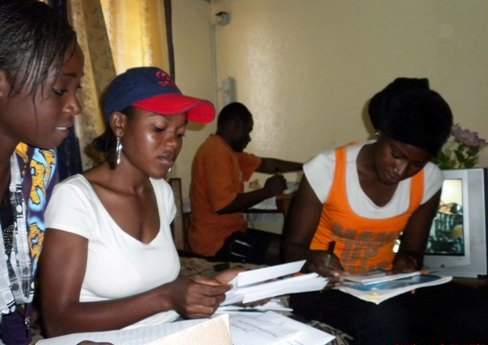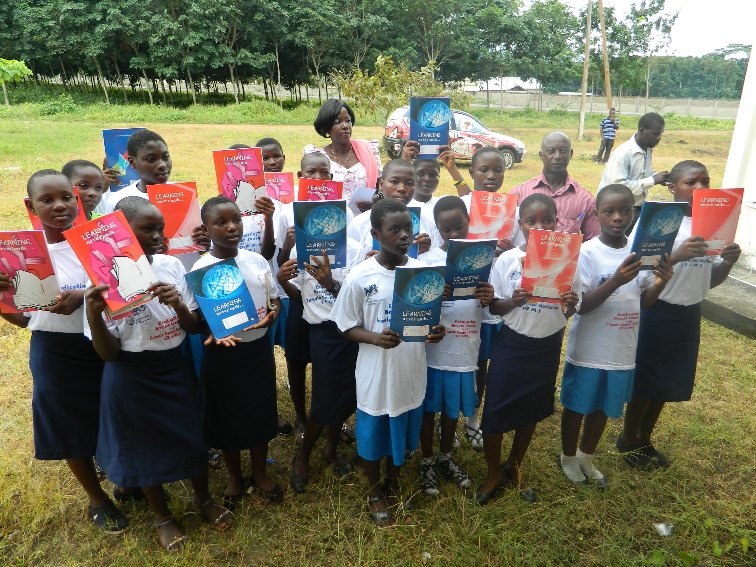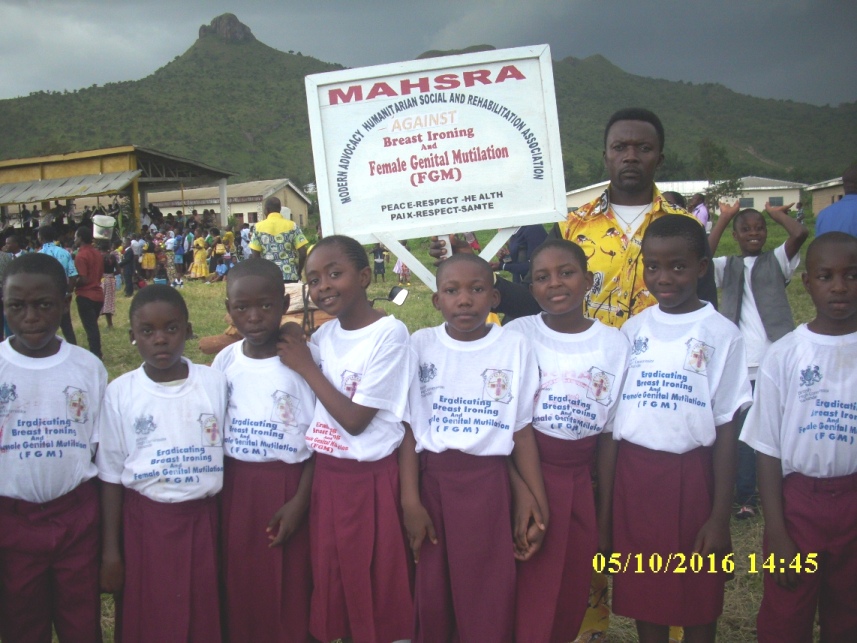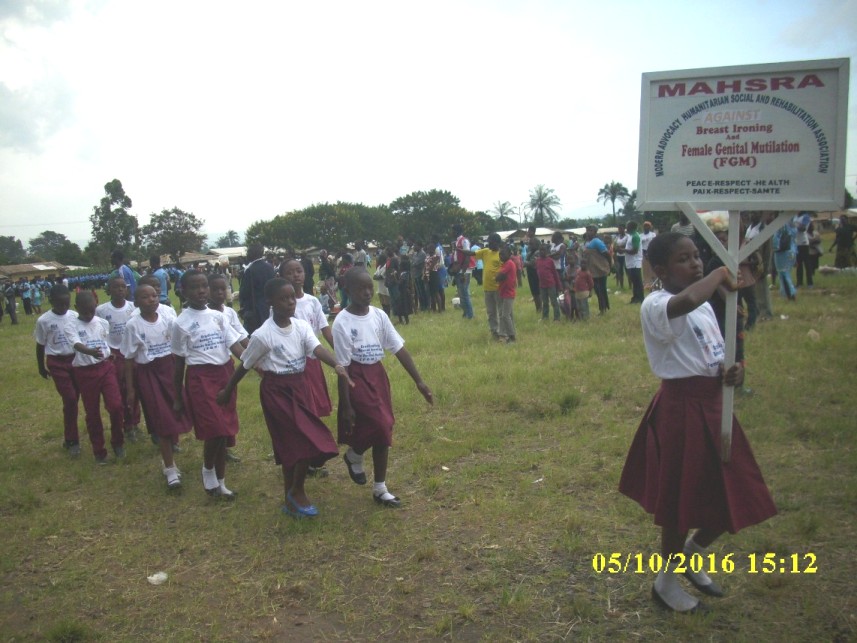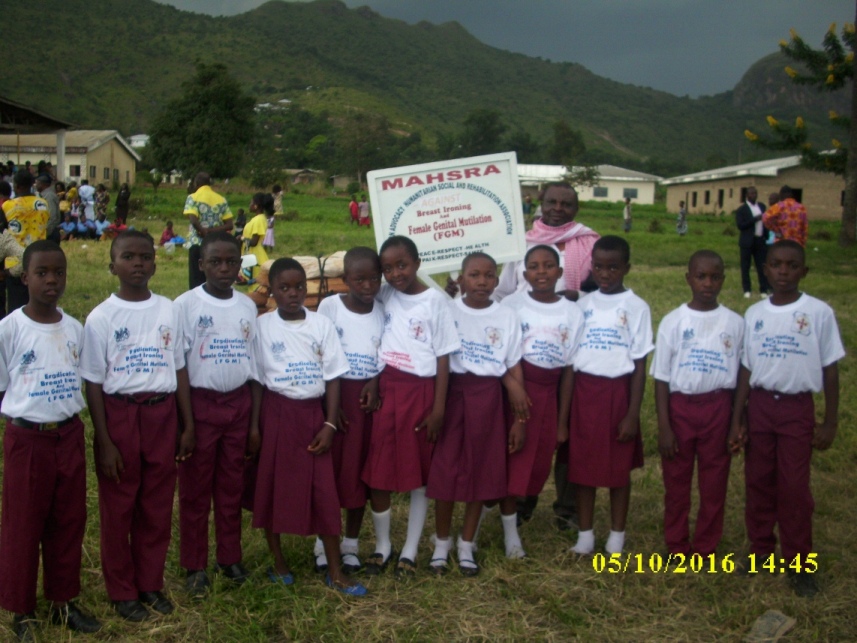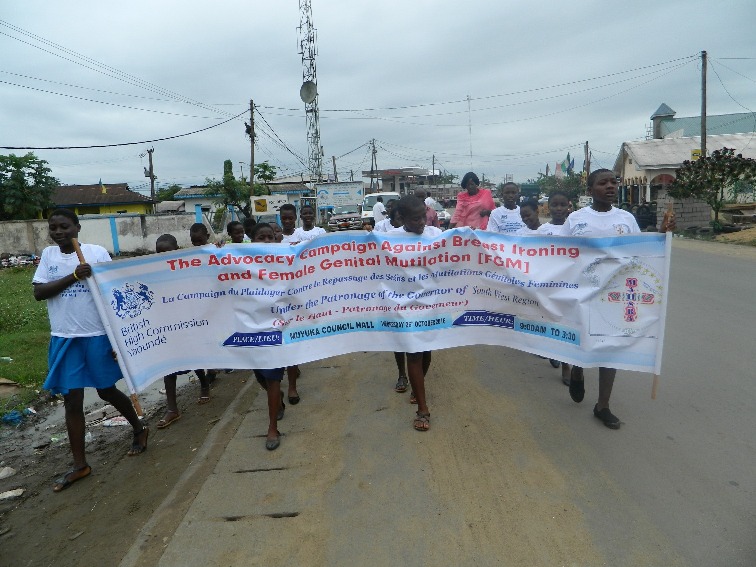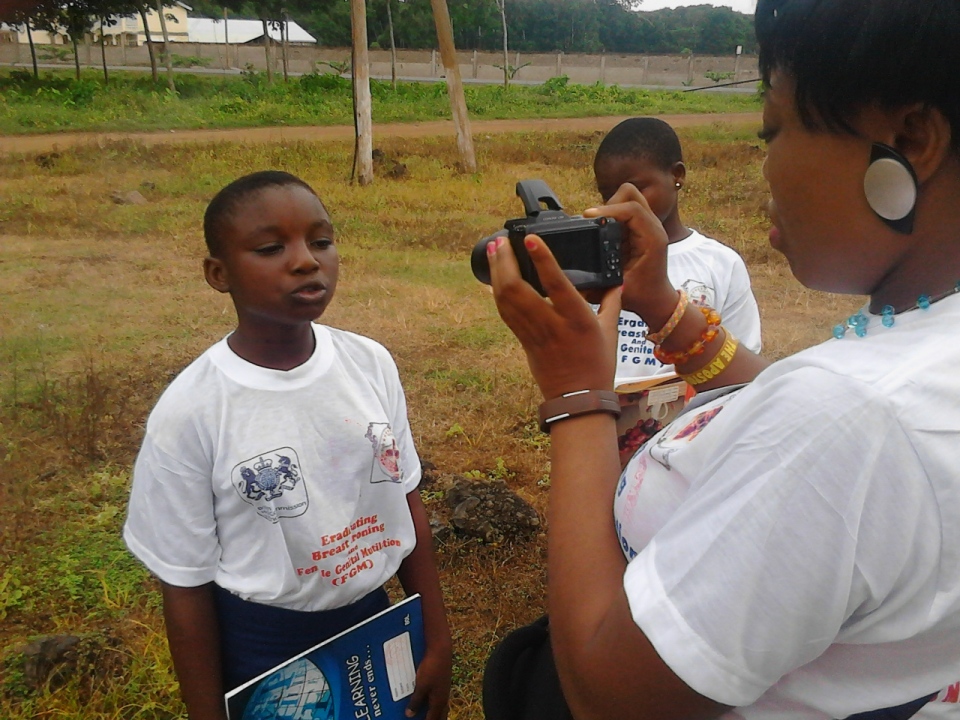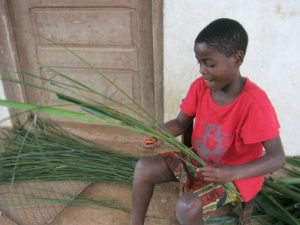 GOAL
GOAL
- MAHSRA aspires to build youth capacities in sustainable developmental initiatives, accessing the country’s political processes, human rights interventions and appropriate concern for the environment and also to plant an auto-responsive self-awareness responsibility and well being in children;
MAHSRA’s interventions within the youths and children domain are majorly through its annual objectives, activities and impact measures.
Objectives
- Provide vocational trainings and entrepreneurial ship for disadvantage youths;
- Train, encourage and empower the youths in participating in the political processes of the country at both the local and national levels;
- Enhance resiliency, conflict management and peace building values in youths and children;
- Build youthful socioeconomic and organizational capacities and encourage the formation of positive youthful movements;
- Teach and encourage indigenous sociocultural awareness and cultural identity valorization in children;
- Provide nutritional, material and technical/medical assistance to the sick and disadvantaged Children;
- Encourage free primary and a compulsory secondary education for all children.
Major Activities
- Mobilizing and providing vocational trainings and entrepreneurship for disadvantaged youths;
- Training urban and rural youths on advocacy and rights based techniques, democratic principles and participatory approaches to successful partake in urban and rural governance;
- Assembling youths and children victims of psychological trauma, trials and tribulations crises in a resilience clinic; and encouraging peacemaking and peace building lessons with basic and secondary educational circles;
- Encouraging the formation of youth movements and mobilizing the youth movements for better/increased performance levels through information sharing;
- Encouraging the formation of indigenous sociocultural children groups and also the inclusion of cultural teachings in primary education;
- Locating, visiting and providing nutritional, material and technical/medical assistance to the sick and disadvantaged Children;
- Advocating for school fees-free primary government schools and a minimal affordable fee for secondary schools.
Impact Indicators
- Assessment of disadvantaged youths becoming entrepreneurs and providing apprenticeship and job opportunities for other disadvantaged youths;
- Assessment on youths becoming involved and/or consulted on in local and national government positions and decisions;
- Assessment on youths and children gaining firm resilience insights to handle situations of crises, and becoming advocates for dialogue and peace movements;
- Assessment on strengthened youth network movements with capabilities of pressurizing and changing unfavorable government policies and decisions;
- Assessment of indigenous children gaining insights to protect and encourage their sociocultural values;
- Assessment on better living conditions, parental guidance and healthcare among disadvantaged children;
- Assessment of government texts pertaining to free primary school education and cheaply affordable fees for secondary education.
